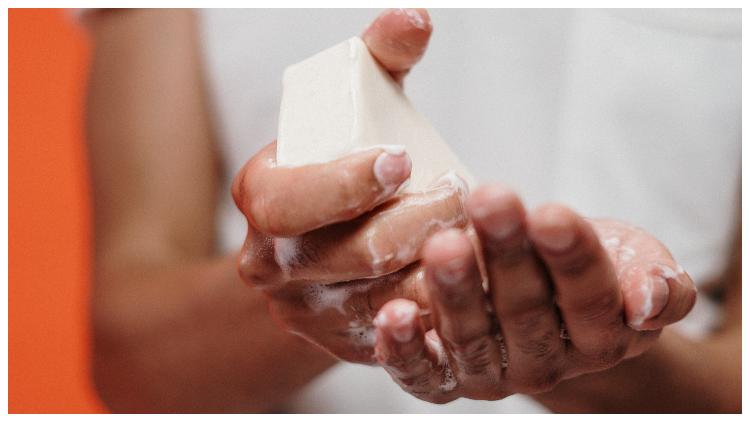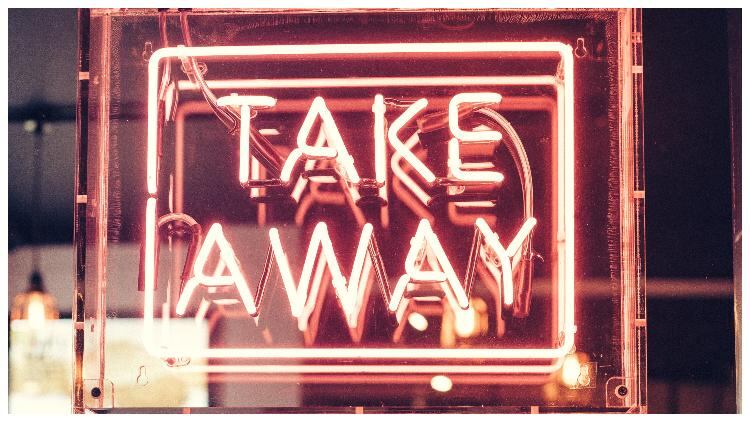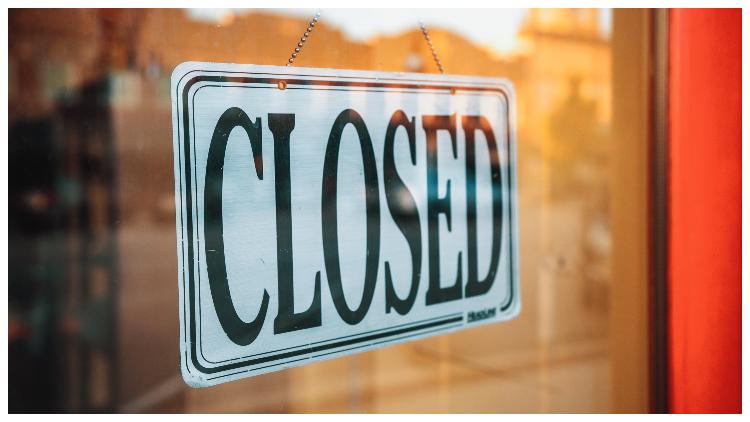With the Government advising the public to avoid the pub and other social venues, publicans are taking extra, proactive steps to reassure and comfort their punters.
Amy Durnall, licensee of the White Hart, in Cornwall, said: “We are not putting sharing food on the bar. We have extra soap in the toilets and, from today (19 March), we will be propping toilet doors open to minimise people touching surfaces.
“One thing we can’t do is refuse cash like some supermarkets and chains. We need cash. Therefore, staff and ourselves are cleaning hands in sanitiser or with a bar of soap and warm water.”
Durnall explained how she had received some minor “backlash” for staying open, but said it’s up to potential customers to decide if they want to enter and that she was doing “everything I can to make sure the place is as clean as possible”.
Drastically increased regularity
Laura King, publican of the Caledonia, Liverpool, is also transcending the statutory guidelines by giving her staff extra training in hygiene practices.
She said: “Hand washing has been increased, we’re also using antiviral hand sanitiser behind the bar. They’re also cleaning all door handles, cash registers, tablets, printers, public touch points with drastically increased regularity.”
She added that while staff are asking customers to pay via contactless wherever possible, they have been unable to “blank ban” cash sales amid concerns they will alienate some regulars.
“We want to continue to support the most vulnerable in our community,” she continued.
“All this is simple to implement. The hardest part of this epidemic will be supporting staff should complete closures be enforced.”
Reassuring guests
King added: “We have formulated numerous contingency plans that will allow us to augment our business to maintain revenue and to keep as many people in work as we can.
“The support offered in the Budget is welcome but it’s not enough. Staff, employers and self-employed in our sector need reassurance, clear information on how to proceed and hasty arrangement of financial aid.”
Garry Moffat, bar manager of the Horse & Jockey in Curbridge, Hampshire, said: “We have not laid our tables with cutlery and glasses as usual. We now sanitise and lay the table when someone arrives.
“That way, if someone has come in with the virus (unknowingly I hope), they have breathed over all the tables.
“It helps reassure guests that we are trying to be as proactive as possible.”
Government advice
- Businesses and workplaces should encourage their employees to work at home, wherever possible
- If someone becomes unwell in the workplace with a new, continuous cough or a high temperature, they should be sent home and advised to follow the advice to stay at home
- Employees should be reminded to wash their hands for 20 seconds more frequently and catch coughs and sneezes in tissues
- Frequently clean and disinfect objects and surfaces that are touched regularly, using your standard cleaning products
- Employees will need your support to adhere to the recommendation to stay at home to reduce the spread of coronavirus (Covid-19) to others
- Those who follow advice to stay at home will be eligible for statutory sick pay (SSP) from the first day of their absence from work
- Employers should use their discretion concerning the need for medical evidence for certification for employees who are unwell. This will allow GPs to focus on their patients
- Employees from defined vulnerable groups should be strongly advised and supported to stay at home and work from there if possible




